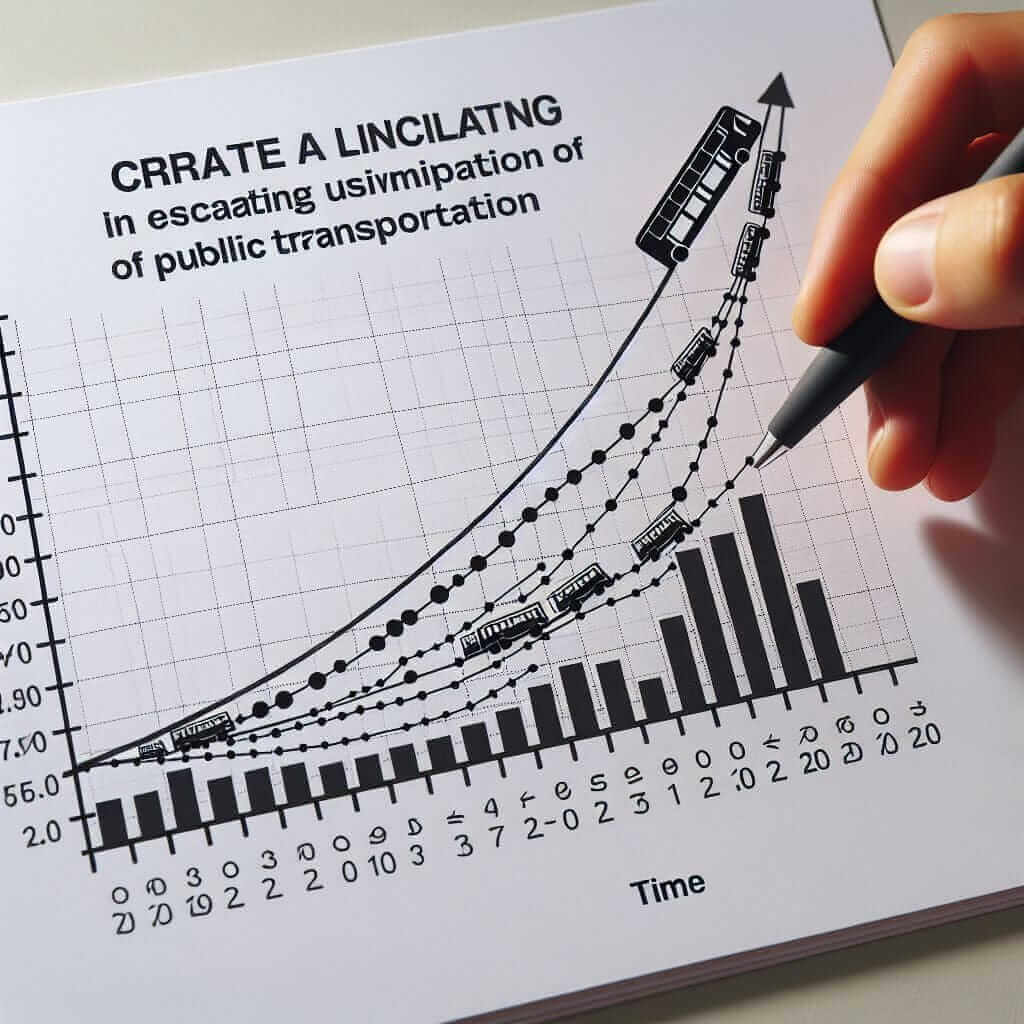The future perfect continuous tense is a grammatical tense that can help you sound more sophisticated and nuanced in your English speaking and writing. While it may seem a bit daunting at first, it is actually quite simple to use once you understand how it works. This article will guide you through the ins and outs of this tense, equipping you with the knowledge to wield it effectively in your IELTS exam and beyond.
Let’s start by examining a few examples of how the future perfect continuous tense might appear across different sections of the IELTS:
Speaking Part 2: “By this time next year, I will have been living in Canada for a decade.”
Writing Task 1: “The graph illustrates that the use of renewable energy sources will have been steadily increasing over the past two decades.”
Listening Section 3: (Narrator) “Professor Smith, how long will you have been conducting research on climate change by the end of this project?”
In each of these instances, the future perfect continuous tense indicates an ongoing action or state that will have been in progress for a specific duration of time at a definite point in the future.
Understanding the Future Perfect Continuous Tense
The future perfect continuous tense is used to describe an action that will be in progress for a period of time before a specific point in the future. This tense emphasizes the duration of the action.
Here’s the structure of the future perfect continuous tense:
Subject + will + have + been + present participle (-ing form of the verb) + object + (time expression)
For example:
- By December, I will have been working on this project for six months.
Let’s break down this sentence:
- “I” is the subject.
- “Will have been working” is the future perfect continuous tense verb phrase.
- “On this project” is the object.
- “For six months” indicates the duration of the action.
- “By December” specifies the point in the future when the action will be completed.
Using the Future Perfect Continuous Tense in the IELTS
The future perfect continuous tense might not be as common as other future tenses in the IELTS, but it can be used effectively in both the Speaking and Writing sections to showcase your grammatical range and ability to express complex temporal relationships.
Speaking
In the IELTS Speaking test, you can use the future perfect continuous tense to discuss your plans, experiences, or hypothetical situations that extend over a period of time in the future.
For instance:
- “By the time I finish this Master’s degree, I will have been studying English for over ten years.”
- “If I get this job, by next summer I will have been living in this city for five years!”
Writing Task 1
When describing trends in graphs or charts for IELTS Writing Task 1, the future perfect continuous tense can be particularly useful for highlighting changes over time.
Consider this example:
- “As the graph indicates, the number of people using public transport will have been steadily rising for the past decade, reaching a projected peak by 2030.”

Writing Task 2
While less common in Writing Task 2, you can still utilize the future perfect continuous tense to discuss potential future outcomes or hypothetical situations in your essays.
Here’s an example:
- “Without immediate intervention, climate change will have been irreversibly impacting our planet for generations to come.”
Common Mistakes and How to Avoid Them
Even native English speakers sometimes stumble with the future perfect continuous tense. Here are some common pitfalls to watch out for:
- Incorrect Verb Form: Using the past participle instead of the present participle.
- Incorrect: By next year, I will have been lived in London for five years.
- Correct: By next year, I will have been living in London for five years.
- Omitting “Been”: Forgetting to include the auxiliary verb “been.”
- Incorrect: By the time I graduate, I will have studying English for ten years.
- Correct: By the time I graduate, I will have been studying English for ten years.
- Overusing the Tense: Using the future perfect continuous when a simpler tense would suffice.
- Overused: This time next week, I will have been eating lunch.
- Better: This time next week, I will be eating lunch.
Conclusion
The future perfect continuous tense, though seemingly complex, is a powerful tool for expressing the duration of future actions. Mastering this tense can significantly enhance your grammatical range and precision in the IELTS exam. Keep practicing, and soon you’ll be using it confidently and naturally in your English communication! For further exploration of future tenses, you might find this resource on the future simple, future continuous, and future perfect tenses helpful: (https://www.ielts.net/when-should-i-use-the-future-simple-future-continuous-and-future-perfect-tenses/)